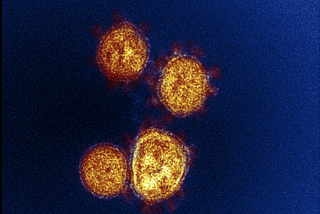2 Genes Linked to Asthma, Scientists Find
Scientists have identified two genes that contribute to the development of asthma, a discovery that could help reduce susceptibility to attacks, researchers said Monday.
A new study suggests that just a subtle tweaking of the two newly identified genes could be the key to offering relief to those suffering from the respiratory ailment.
“The two genes we focused on were already suspected of having something to do with asthma,” said Derek Symula, a geneticist at the U.S. Department of Energy’s Lawrence Berkeley Laboratory who worked on the study.
“What we did was to show that they are in fact involved.”
There is no cure for the more than 14 million Americans who suffer from asthma and other chronic respiratory problems.
But in the study, which used genetically engineered mice carrying human genes, a team of researchers found that decreasing the activity of the interleukin genes IL4 and IL13 could lower susceptibility to asthma.
Interleukins have long been known to play a role in regulating the immune system and, in particular, to be responsible for causing the early stages of the inflammation in the lungs that leads to asthma attacks, Symula noted.
Asthma includes intermittent attacks of wheezing, often caused by allergies, in which the muscles of the bronchial tree tighten and the lining of the air passages swells.
In their study, the researchers focused on the genetic region that they were most certain played a significant role in causing asthma.
Then the team, which published its results in the journal Nature Genetics, chopped up large strands of human DNA from that area and introduced them into the mice, Symula said in a telephone interview.
Because each piece of DNA carried a separate sequence of genetic coding, scientists were able to isolate which fragment contained the asthma genes, Symula said.




